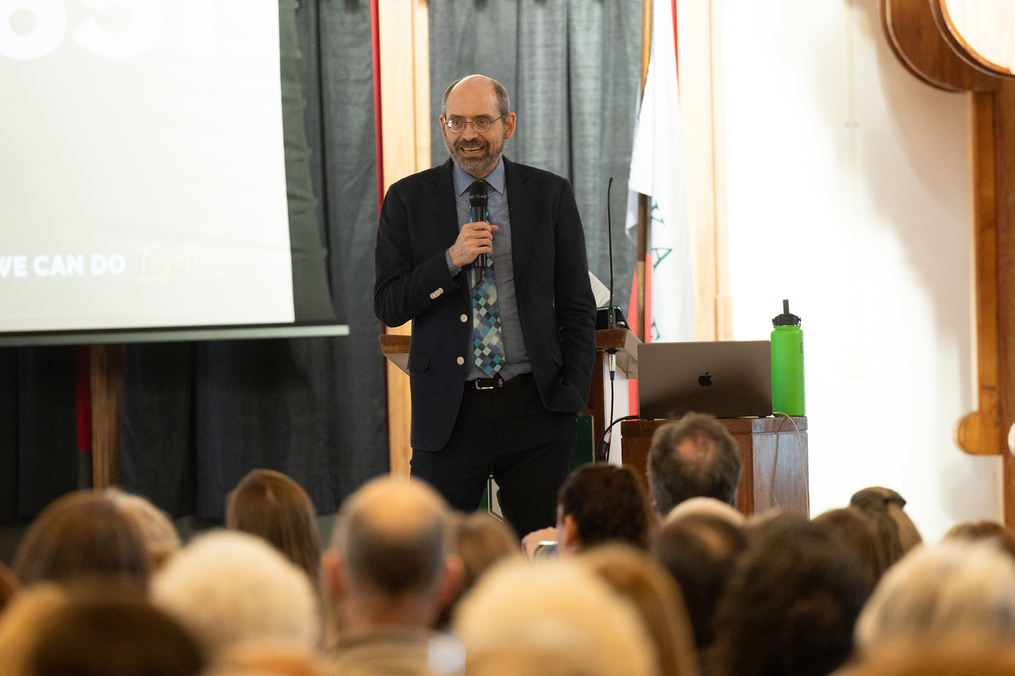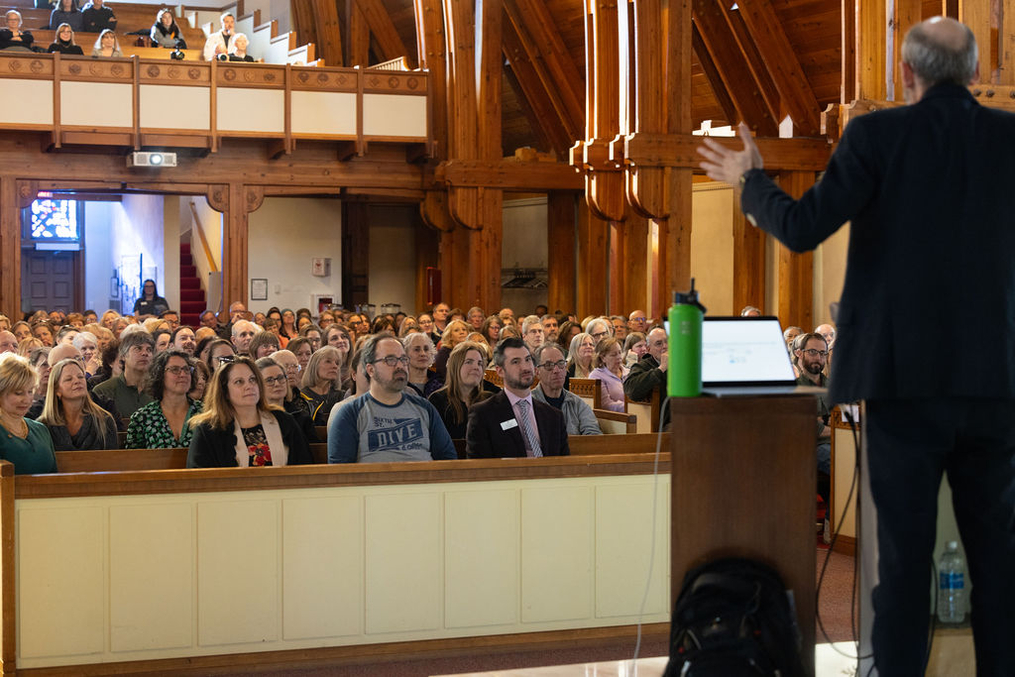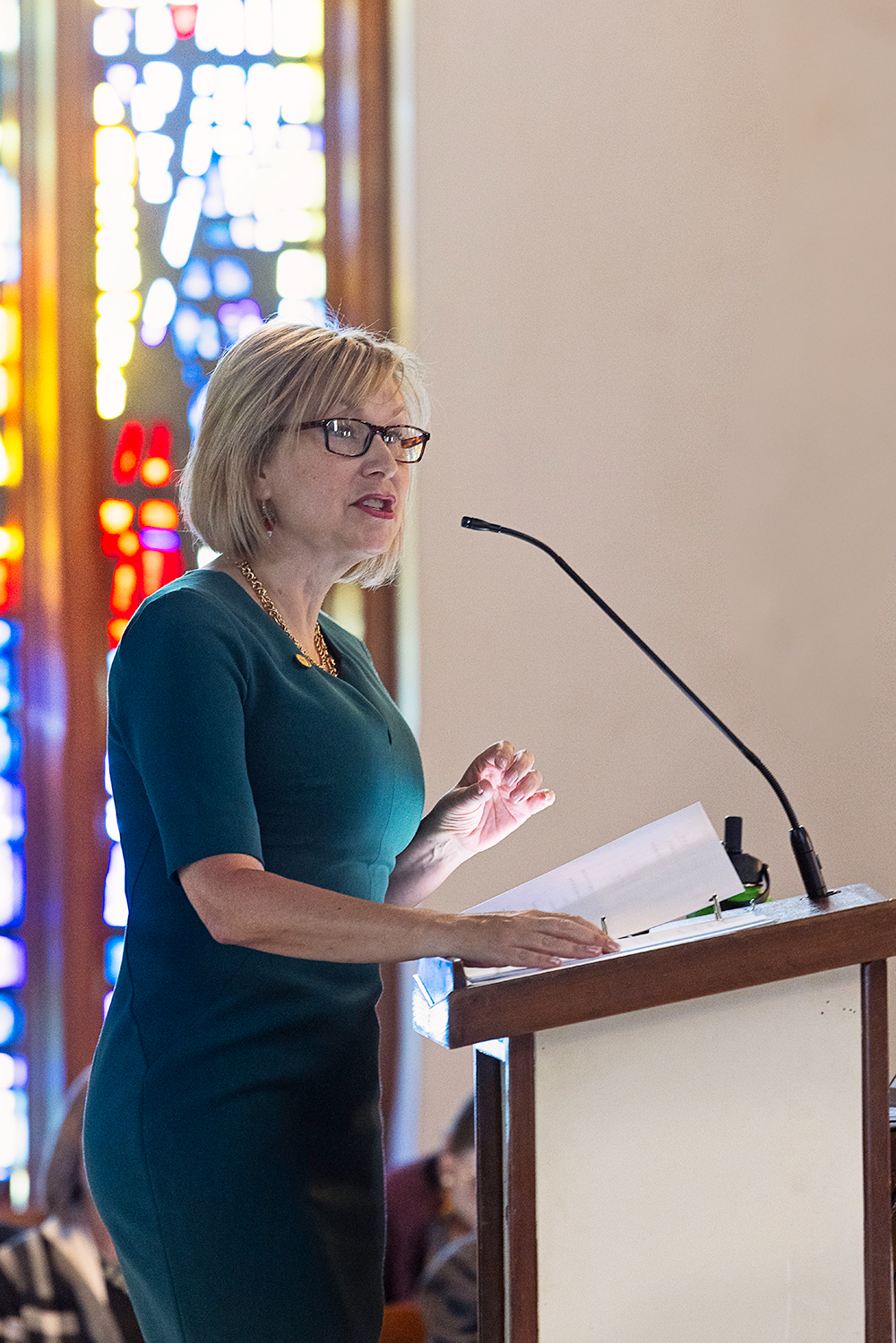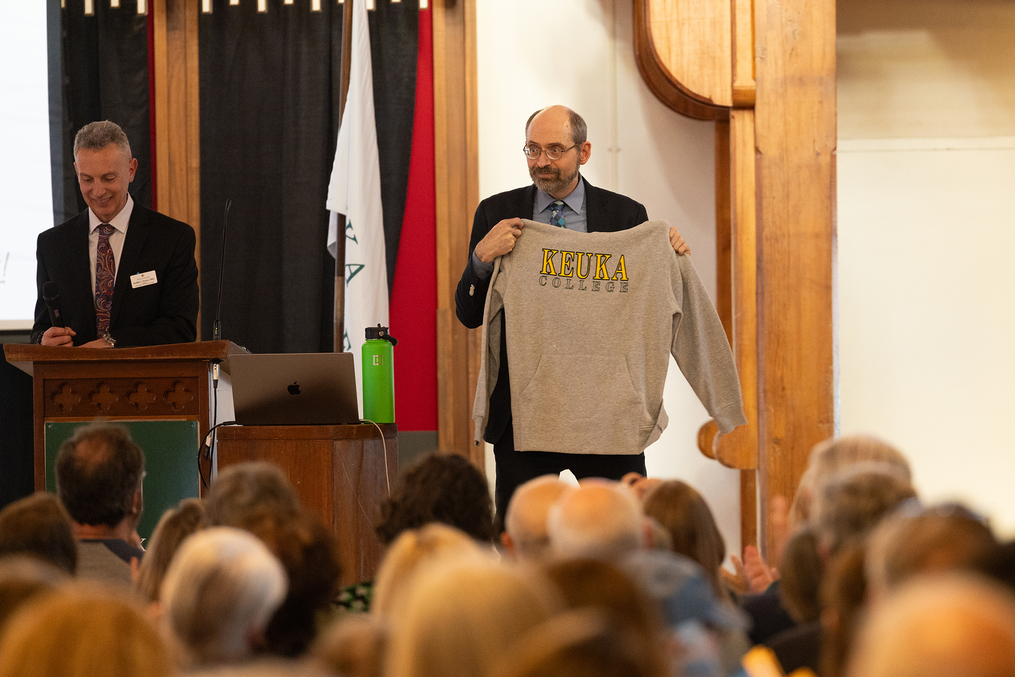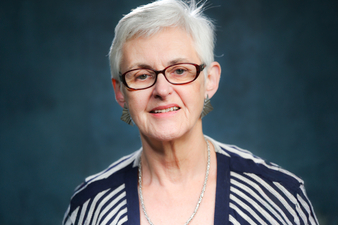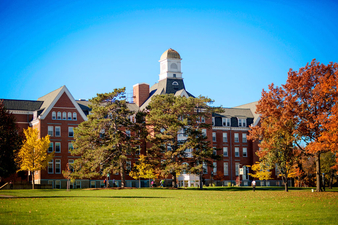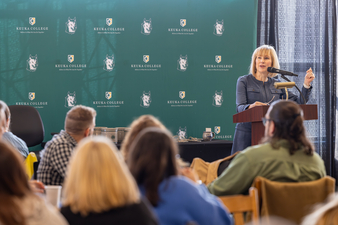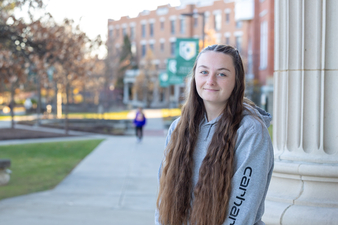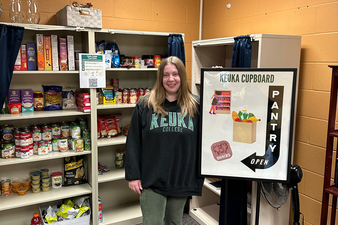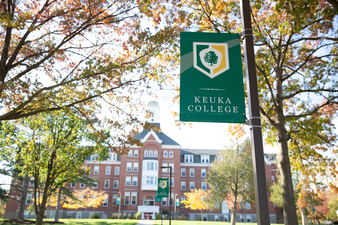It’s never too late to slow or even reverse the effects of aging.
That was the message from New York Times bestselling author and internationally recognized nutrition expert Dr. Michael Greger, who addressed a near-capacity crowd at Keuka College’s Norton Chapel on Monday, March 25, in delivering the College’s 34th annual Carl and Fanny Fribolin Lecture.
“Because the single greatest risk factor for most of our deadliest diseases is how old we are, one could argue that the leading cause of death is actually aging,” Dr. Greger told an audience of approximately 500.
That’s because the rate of death increases exponentially for often fatal diseases such as heart attacks, cancer, stroke, and dementia as one ages.
But what if the rate of aging could be modified?
“Studies following identical twins found that only about 25% of the difference in lifespan between people is due to genetics,” Dr. Greger said. “So, what can we do with the majority over which we may have some control?”
A lot, as it turns out. Speaking on the subject “How Not to Age,” the title of his 2023 book on getting healthier as one gets older, Dr. Greger laid out several strategies for adopting diet and lifestyle habits to promote physical and mental health, improved quality of life, and longevity.
His “anti-aging eight,” for example, spells out a diet heavy on greens, nuts, and berries, and light on caloric intake and proteins like meat, fish, and eggs. And the foundation of diets in the world’s so-called “blue zones,” those areas where people tend to live longer, is “at least 95% plant-based,” Dr. Greger said.
“Avoid highly processed foods, emphasize beans as a high source of protein,” he said. “Water is the best beverage; nuts (preferably walnuts) are the healthiest snack.”
Aside from common diseases such as cancer and strokes, plant-based diets can also counter maladies leading to health issues including muscle loss, incontinence, and osteoporosis.
“Even if we’ve been dealt some bad genetic cards, we still may be able to reshuffle the deck with diet,” Dr. Greger declared.
Adding regular exercise of between 20 and 60 minutes a day, maintaining a healthy weight and cholesterol level, and avoiding smoking further tip the scales toward a longer, healthier life, he added.
“Genes load the gun,” he said, “but lifestyle pulls the trigger.”
Dr. Greger’s appearance spotlights the College’s increasing focus on wellness and healthy lifestyles, a strategy aimed at countering the Finger Lakes region’s scarce medical services.
“As the baby boomer generation ages, we’re faced with a large aging population and not enough healthcare providers to care for them,” College President Amy Storey explained to Monday night’s audience. “So, while we’re limited by the number of providers we can educate, we’re not limited in our ability to teach people the best way to stay out of the doctor’s office or the hospital.”
The College-wide initiative to encourage individual wellness and create healthier communities, known as the Keuka Wellness Institute, includes an upcoming rural outpatient clinic to be funded in part by $1.6 million in recently announced congressionally directed spending, and a three-day wellness retreat on campus this summer called Wellness Weekend at the Lake. Dr. Greger will return to campus to be among the featured speakers at that July 12-14 event.
The Carl and Fanny Fribolin Lecture Series is named after the late Geneva residents Carl and Fanny Fribolin. Carl was an emeritus member of the College’s Board of Trustees and recipient of an honorary Doctor of Humane Letters degree in 2004.


